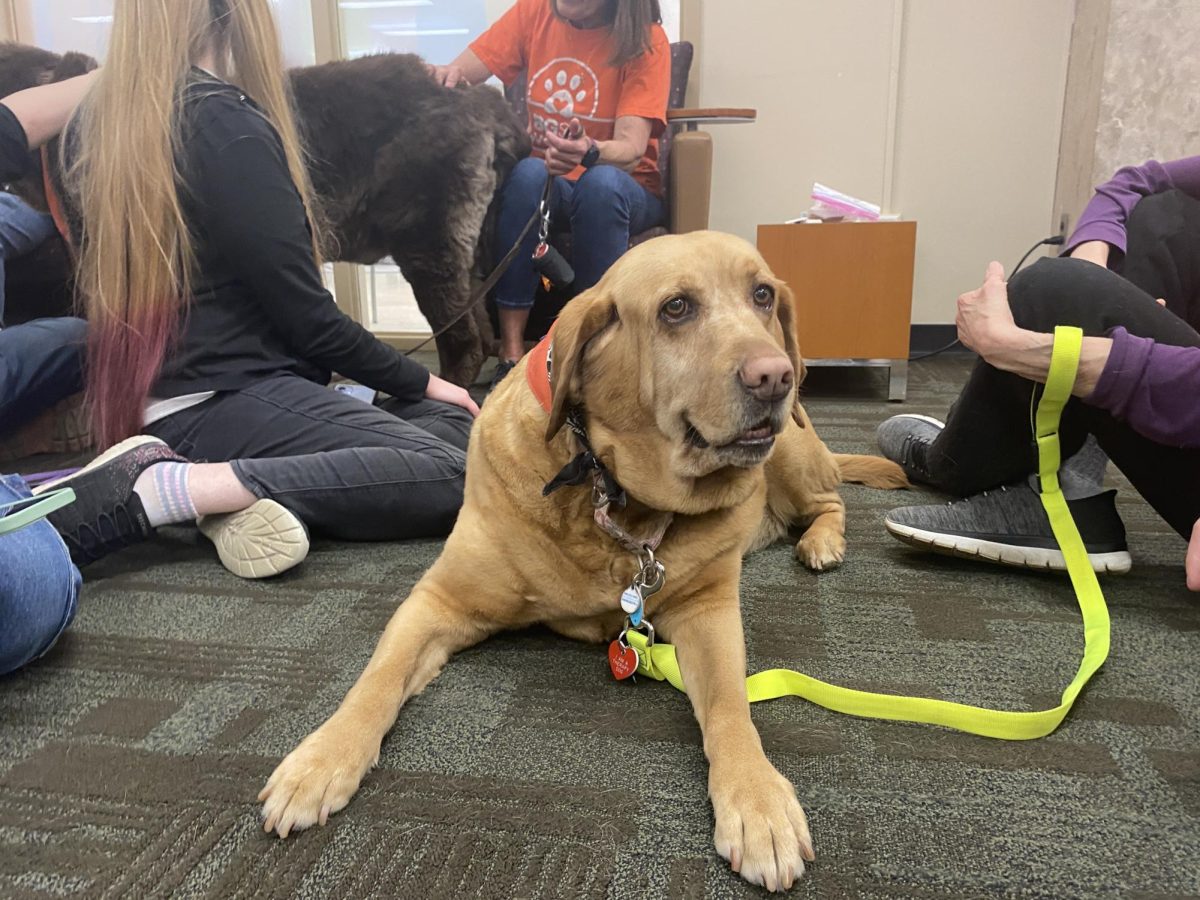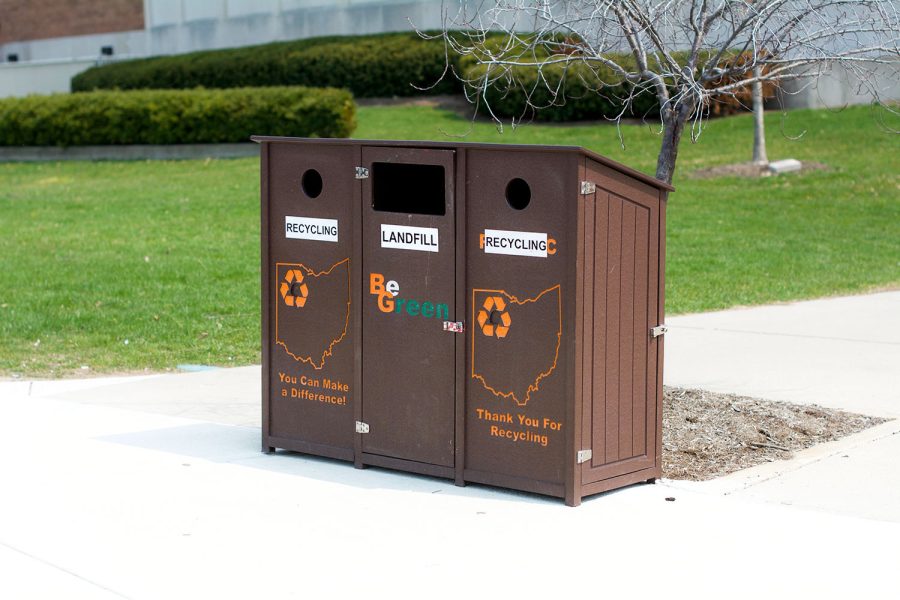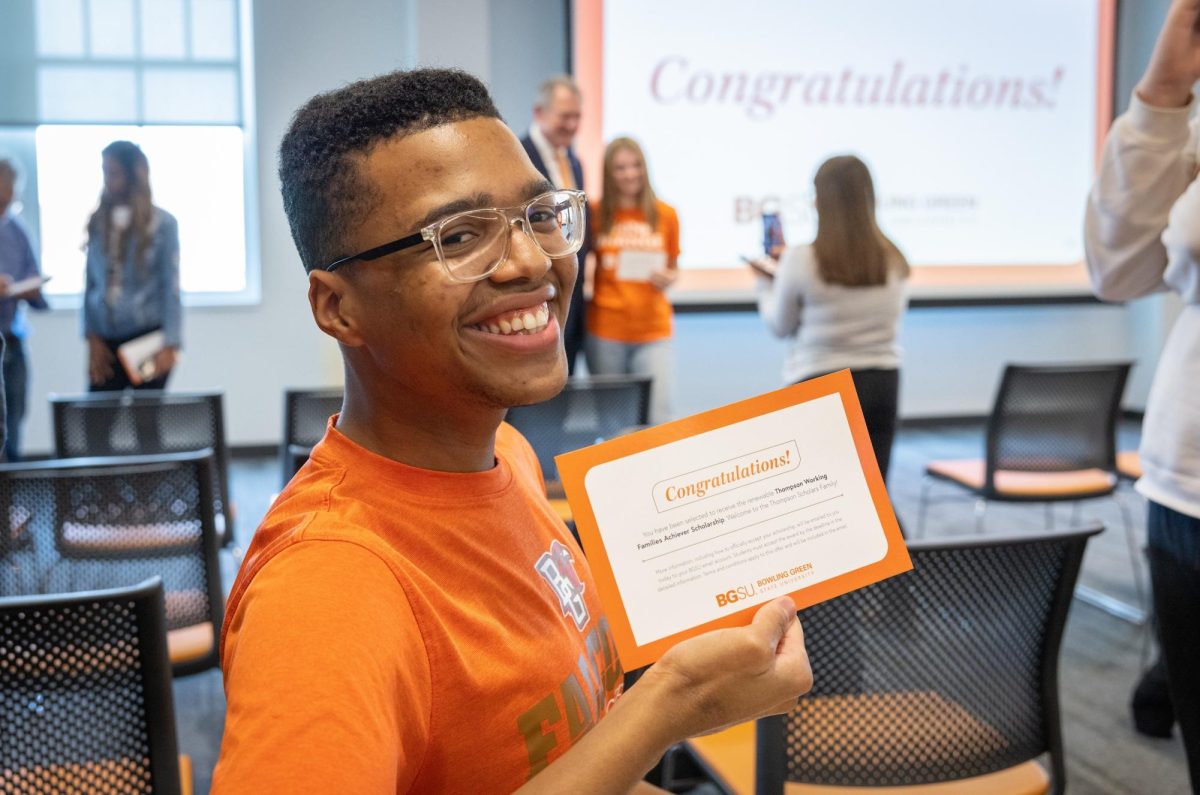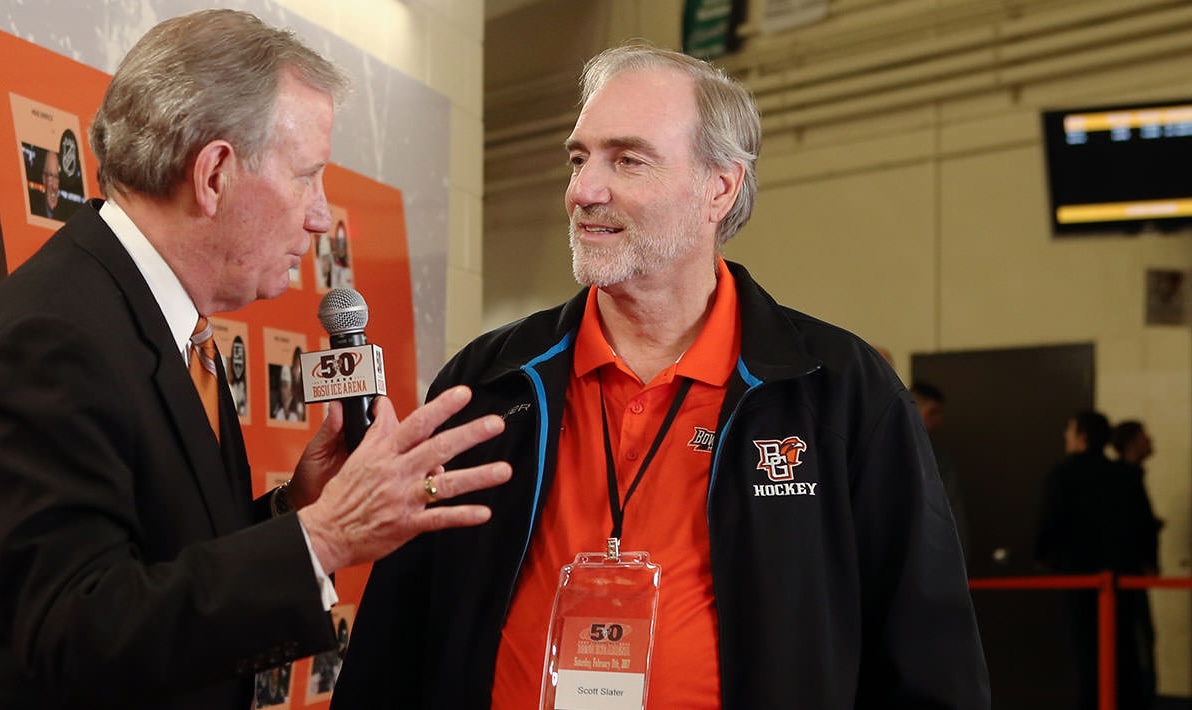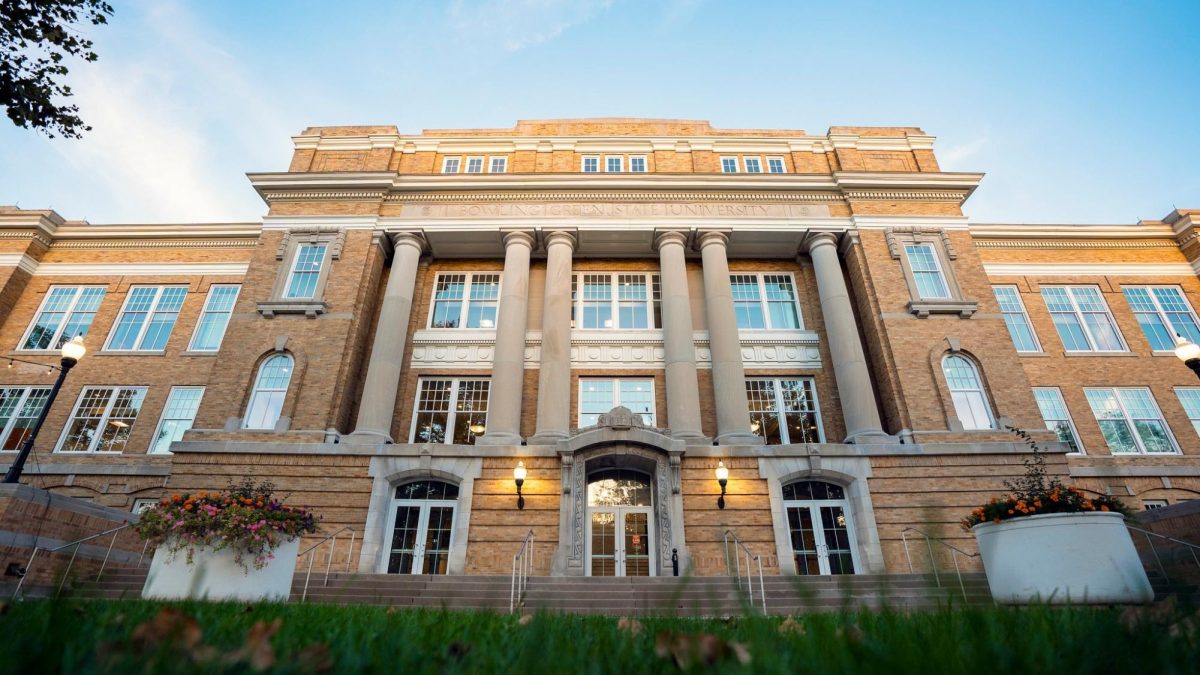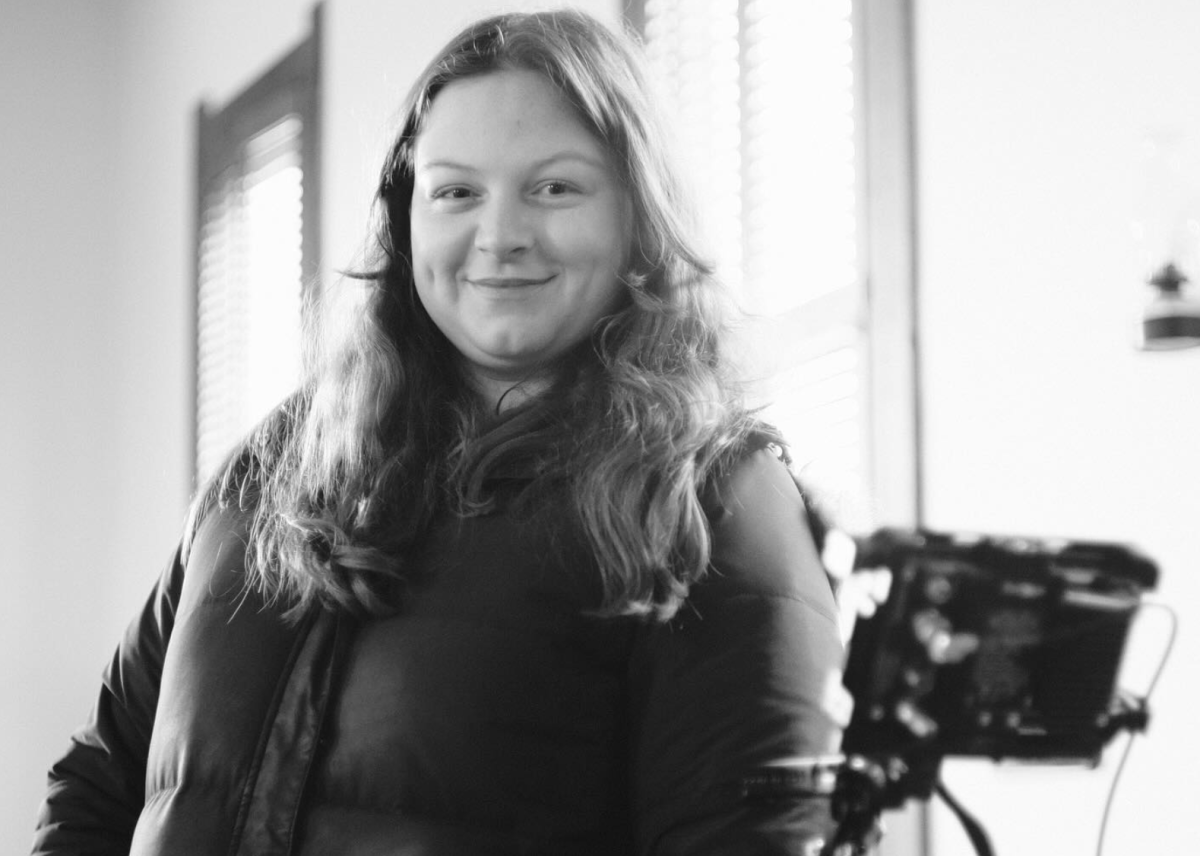The majority of college students have their own checking or savings account at school, but few actually know the policies they must follow in order to be in good standing with their bank. Each bank abides by a different system on how to manage money and is allowed to take action against account holders if they neglect to follow the rules.
Banks such as National City, First Federal, Fifth Third, Key and Huntington all have such regulations to follow, including limits on how many times account holders are allowed to withdraw money from a savings account, minimum balance requirements, monthly maintenance fees and others.
Every bank must follow a federal regulation that requires its customers to stay within a limited amount of electronic transactions each month. Customers pay a fee when they exceed the given amount of electronic withdrawals.
According to the National City Web site, for all savings and money market savings accounts, Federal Regulation D limits pre-authorized, automatic, telephone, electronic, online and other transfers and withdrawals not made in person or by ATM to six per month, and no more than three can be by check (if applicable). Regulation D, which is under the Securities Act of 1933, states banks who wish to hold money for people must either be registered with the SEC (United States Securities and Exchange Commission) or meet certain qualifications to exempt them from such regulations. In other words, Regulation D affects individual savings and money market accounts with banks and credit unions. Overdraft advances are the only type of transfer National City will automatically stop if Regulation D limits are exceeded. There is a fee for each advance from savings to cover checking overdrafts and a penalty fee for exceeding Regulation D limits.
First Federal Bank has a system similar to National City’s. Transfers to another First Federal Bank account of a third party are limited to six per month. This includes withdrawals, automatic or telephonic transfers, checks, drafts, debit cards and similar transactions from account per statement cycles. Excess usage fees of $10 are given for each check written in excess of six. However, there are unlimited transactions in person at a First Federal office or ATM. A one dollar fee for monthly maintenance is charged if an account holders falls below his or her minimum savings account balance, unless the holder is 18 years or younger or a college student.
Customer Service Manager Stacie Geiger from Fifth Third Bank said students usually open equal numbers of checking and savings accounts.
“Right now our policy just changed,” she said. “We used to charge people after having withdrawn over a certain amount of times. Now there is no limit on the number of times you can withdraw from a savings account. There is a limit on how many times you can withdraw money from an account electronically, but that’s a federal regulation.”
Geiger said most students that have been on their own and in college for a year or two open up their own accounts instead of sharing a joint account with their parents, like many teenagers have in high school. However, students can sometimes get into trouble with this because they don’t monitor their account balance closely.
“Some advice I would give to college students about budgeting their money would be to buy their books on Amazon, or wherever they can find them the cheapest,” she said. “I would also say to watch those small charges, because you may think you’re spending close to nothing, but those charges add up.”
Geiger says it is crucial for students to be aware of their bank’s policies, and if they can, they should see if their bank has a program that sends e-mail or text message alerts when account balances get below a certain amount.
Freshman Jessica Willard has both a checking and savings account at Huntington Bank. Willard does not withdraw from her checking account at any of the city locations, but instead withdraws money from the bank in her hometown.
“My mom always tells me to try to not use ATMs here because she says it isn’t safe security-wise,” she said. “There’s a chance that my ATM code could get stolen.”
Willard withdraws money from her checking account in Toledo, deposits money in her savings account, and is always sure to go inside of the bank to do all of this every couple months, following Huntington’s own limits of savings and checking transactions.
Students can go to their bank’s Web site and read the terms and agreements they must follow in order to better understand what is expected of them if they own a savings or checking account. The more students understand about their bank’s policies, the more efficient they will be in managing money.




